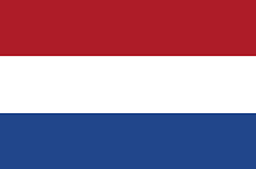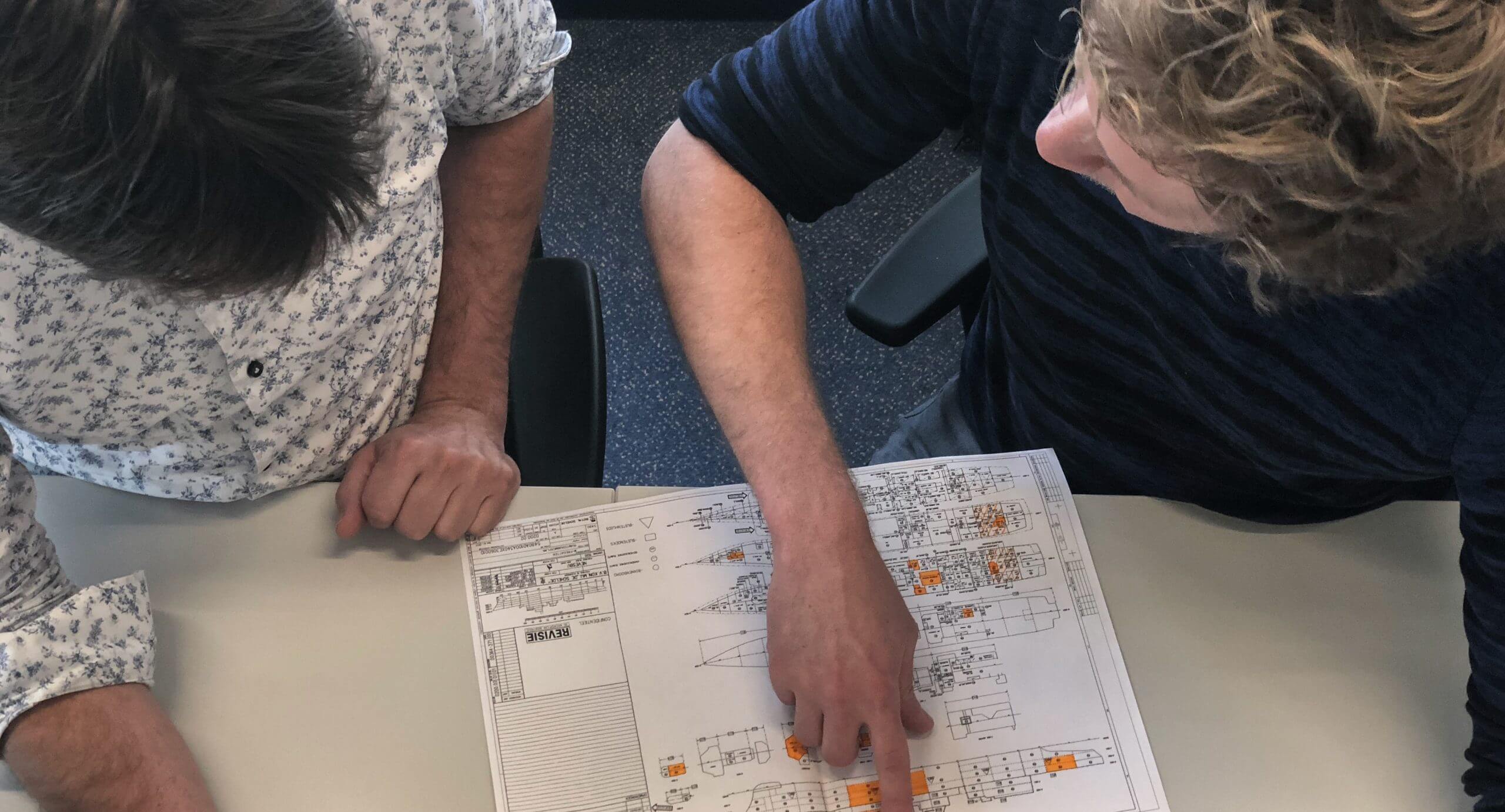Knowledge provider in... planning & risk management
The start of your career
We start at the beginning; the moment Chang finished his master’s degree in Finance & investment. “At the beginning of my career, I honestly found it quite complicated to translate what I liked to do into a specific job. I knew that numbers and mental arithmetic gave me energy and that I was looking for a job with enough variety. Aram crossed my path at that moment, but I found it difficult to get a good picture of what planning is. My perception was that this field is mainly reserved for technical people. But fortunately that turned out not to be the case. A technical background is an advantage, but not a must. Because I had a good feeling about Aram as a company and it appealed to me that they are active in many different sectors, I have the opportunity which was offered to me seized with both hands. I started with an intensive training program to learn more about project control. after that, it was time for my first project under the inspiring eye of a senior colleague. During my first year, I worked as a planner in various tender teams. I learned a lot!“
In addition to planning, I'm also specialise in risk management
If you ask me, it's a job that a person with many talents has to do. In addition to professional knowledge, mastering the right soft skills is also very important.
Required competencies and skills
When asked which competencies and skills are useful for this field, there is a pause and Chang answers with a smile: “Well, if you ask me, it is a job that a person with many talents has to do. In addition to professional knowledge, mastering the right soft skills is also very important. Think of: feeling what kind of person you are going to talk to, what the role of the different team members is in the project, thinking ahead about what keeps your team members and project manager awake and being able to make a pragmatic translation of data and figures. Flexibility and being able to move along when something changes is also an important competency. During the execution of a project, all kinds of changes can occur that you as a project control consultant have to act on immediately.” We end the conversation with a tip for future starters in this field. “My main tip is to discuss the job with as many people as possible in order to form a clear picture of what it entails and how someone approaches this. I notice that everyone does it in their own way. I have benefited a lot from the multiple conversations I had with professionals when I started. It has given me a more clear picture of how broad the job is and how you can take up your role as a planner or risk manager within a project team.”


